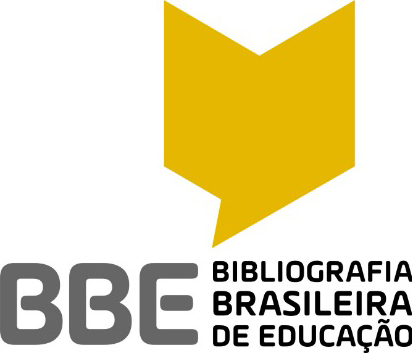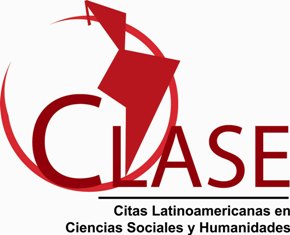Epistemology of language: some paradigmas explain this phenomenon
DOI:
https://doi.org/10.22169/revint.v16i38.1995Abstract
ABSTRACT
The value and importance of language as an element of socialization among humans is indisputable. Language fosters culture, then it is the basis of culture in society. This article aims to synthesize the journey made for language to be considered a science, from dualistic theories to contemporary linguistic theories, evidencing philosophical positions in each perspective and their contributions for language studies to achieve its current status. A bibliographic research allowed an appreciation of the three most significant models for understanding language and meaning: realism; Mentalism and Pragmatism. It was found that
language arouses the attention of the Greek sophists and philosophers, although there are differences between them, since the locus of the essence for Aristotle is the soul and for Plato, the essence is in the reality. But for both, words, real or mental, are essences. Therefore, it can be understood that the contributions to the understanding of language and meaning arising from the oldest thought arise precisely from the tension between essentialism and relativism; and these discussions are still present in contemporaneity, starting with Witttgeinstein, Russel, Frege, Habermas, Foucault, Derrida and result in current studies of language, such as the theory of enunciation, of speech acts, of the analysis of
speech. speech, and other areas that interface with language. Martins (2005), Santaella (2016), Fiorin (2oo4, 2017) and Demolin and Storto (2017), among other theorists, supported the argument in this text.
Keywords: Epistemology. Language. Meaning. Knowledge.
Downloads
References
REFERENCIAS
ALSTON, W. P. A filosofia da linguagem. Rio de Janeiro: Zahar, 1972. Disponível in: http://isabellenobrega.tumblr.com/post/60654753601/do-que-se-trata-a-filosofia-da-linguagem.
BADARÓ, C. E. Epistemologia e ciência: reflexão e prática na sala-de-aula. Bauru: EDUSC, 2005.
FOUCAULT, M. A Arqueologia do saber. 6ed. Rio de Janeiro: Forense Universitária, 1995.
FREGE, G. Lógica e Filosofia da Linguagem. Tradução de Paulo Alcoforado. São Paulo: Cultrix, 2002.
GIANELLA, A. E. Introducción a la Epistemología y Metodología de la Ciencia. La Plata, REUN, 1995.
GUILLÉN, G. V. Tratado de epistemología: fenomenología de las ciencias, la tecnología y la investigación social. 2ed. Bogotá-Colombia: Sociedad de San Pablo, 2006.
LÉVI-STRAUSS, C. Las matemáticas del hombre. Trad. José A. Castorina, publicado en Bulletin International de Sciences Socials, vol 4, UNESCO, París, 1995.
MARCONDES, D. Textos básicos de filosofía: dos pré-socráticos a Wittgenstein. 7ed. Rio de Janeiro: Zahar, 2011.
MARTINS, H. Tres caminos en la filosofía del lenguaje. In: MUSSALIM, F. ; BENTES, A. C. Introdução à linguística: fundamentos epistemológicos. 2ed. São Paulo: Editora Cortez, 2005.
MIGUENS, S. Filosofia da linguagem – uma introdução. Ed. Faculdade de Letras da universidade do Porto, 2007.
MORIN, E. Ciência com consciência. 8. ed. Rio de Janeiro: Bertrand Brasil, 2005.
TESSER, G. J. Principais linhas epistemológicas contemporâneas. Revista. Educar em Revista, n. 10, Curitiba, Jan/Dec, 1994.
Downloads
Published
How to Cite
Issue
Section
License
Os direitos autorais dos artigos publicados na Revista são de acordo com a licença CC-BY-ND - Creative Commons ( https://creativecommons.org/licenses/by-nd/4.0/legalcode)
Esta licença permite que outras pessoas reutilizem o trabalho para qualquer finalidade, inclusive comercialmente; no entanto, não pode ser compartilhado com outras pessoas de forma adaptada e o crédito deve ser fornecido ao autor.
Os direitos autorais dos artigos publicados na Revista são do autor, com os direitos de primeira publicação para a Revista





























